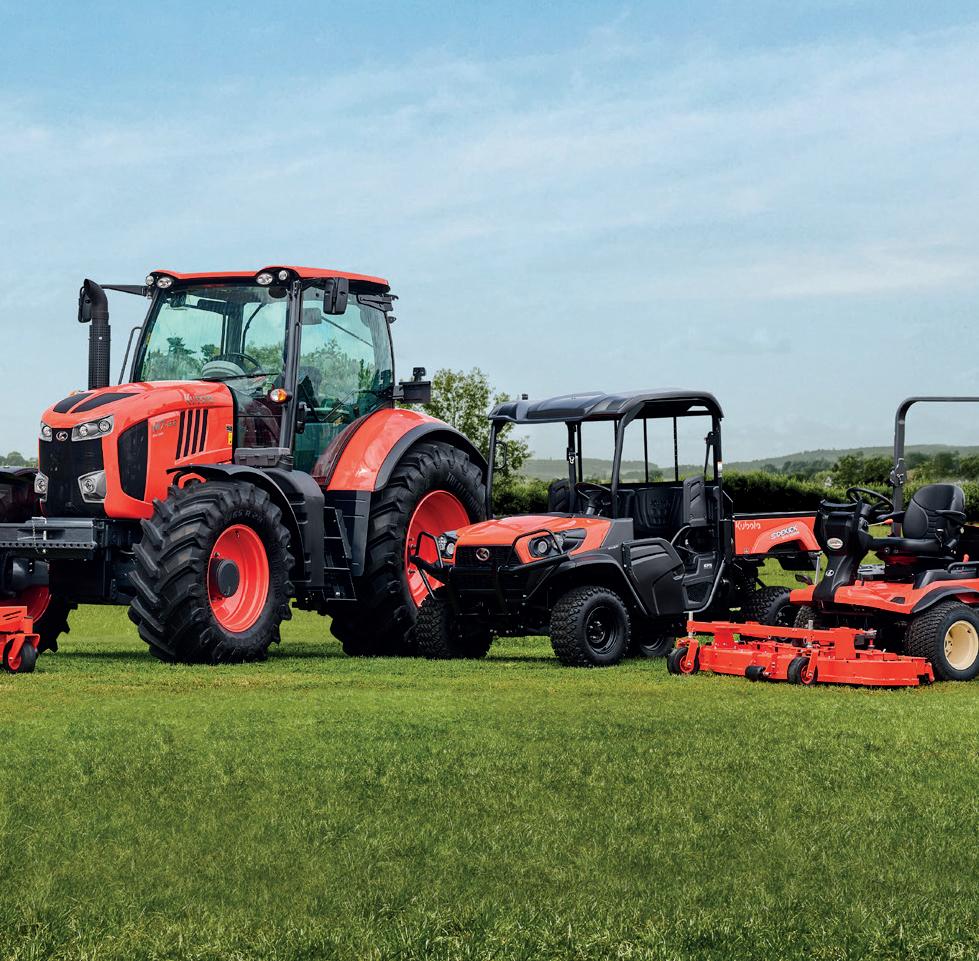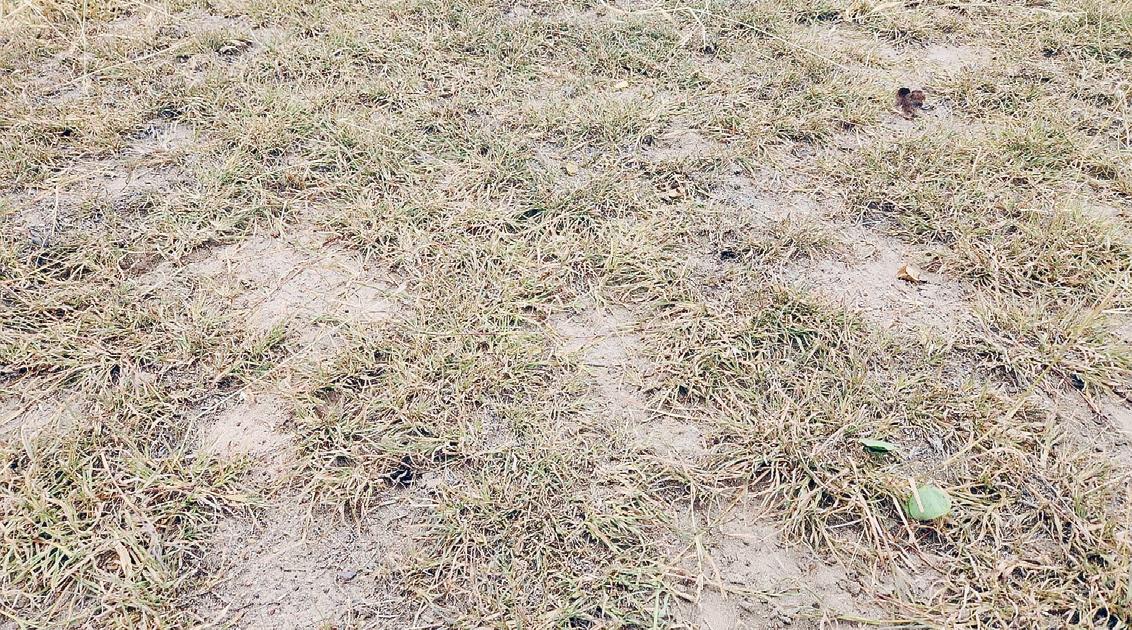
1 minute read
Notorious weed spreading
By Breanna Lloyd
In the 1930s an exotic tropical grass known as Indian Couch was brought to Australia and has spread all throughout Central Queensland impacting the land and its farmers.
Indian Couch, also known as Bothriochloa pertusa and Indian Bluegrass, was brought to Australia for the use of lawns and aerodromes across the state.
The main factors which contribute to the spread of the Indian Couch include overgrazing and drought, which has affected Queensland for years.
Over the years 2017 to 2021, the Central Highlands area endured severe drought for five years, causing Indian Couch and other notorious weeds to spread rapidly.
Since its arrival, the grass has evolved through six strains of grass species and has been noticed to stabilise eroded gullies and expand very quickly.
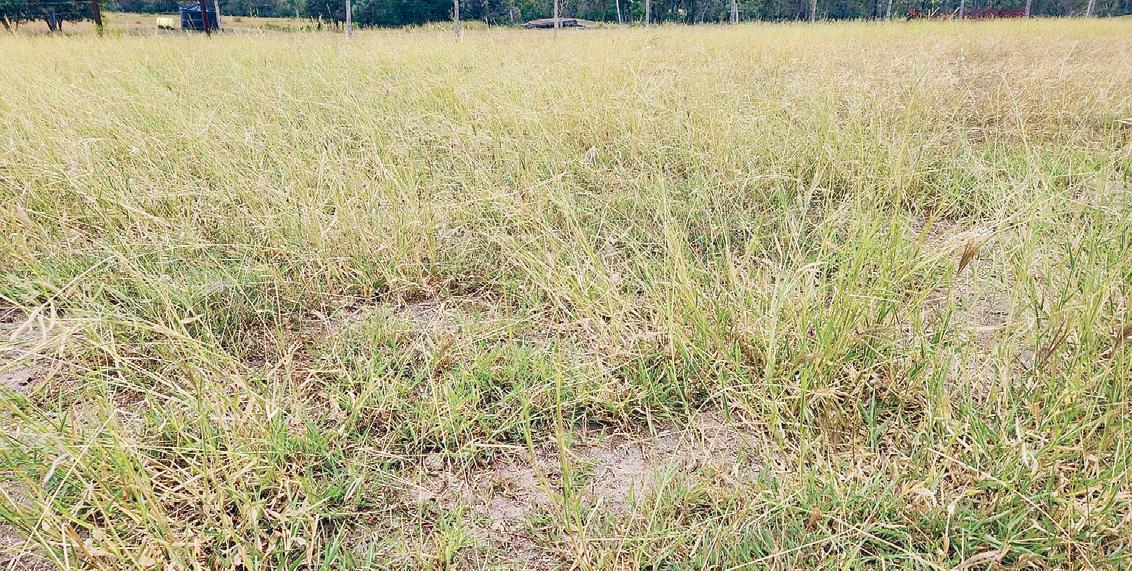

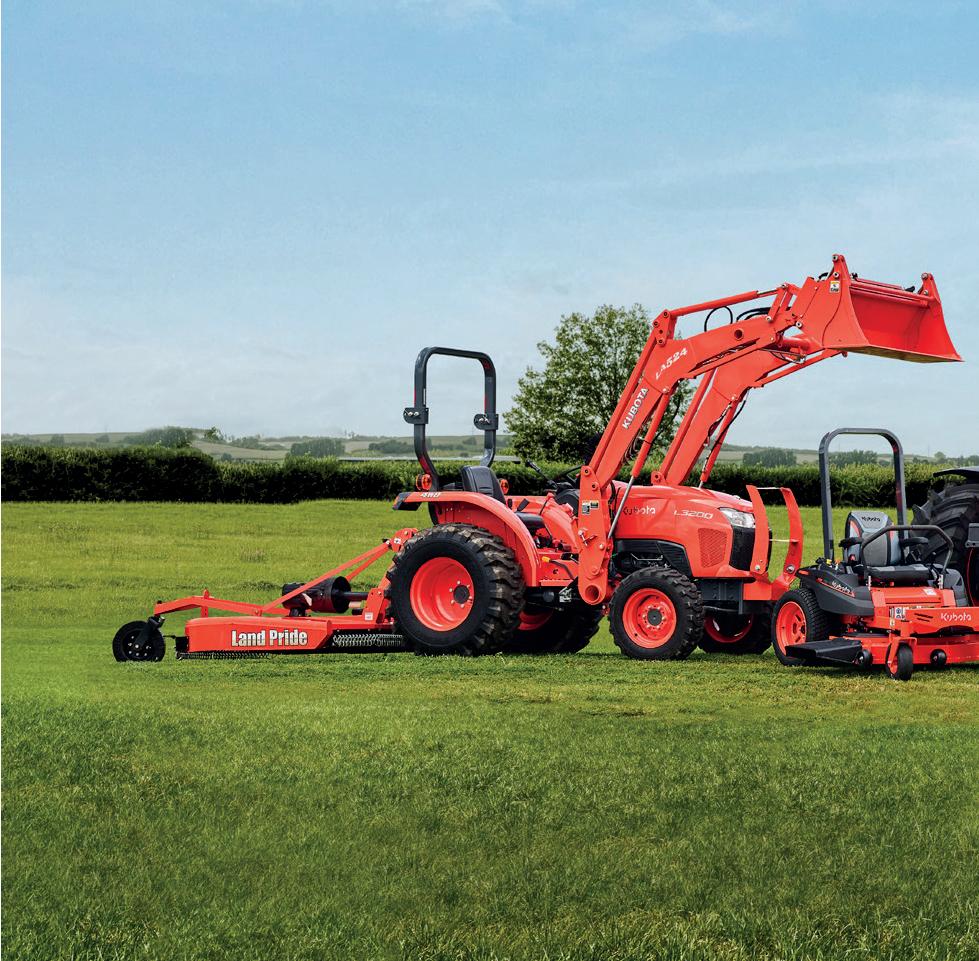
One of these strains, (Heteropogon Contortus) a native black speargrass has also increased its presence in both Central and Northern Queensland.
Indian Couch becomes dominant over native grasses like buffel grass, by suffocating them and taking over.
Seed sales agent Matthew Lockwood said why the pest is such a big issue in the region.
“Indian Couch loves infertile soils whereas your better-improved pastures need fertility,” he said.
“The nature of the way it is so early maturing is incredible as it will thrive on infertile soils and all of our brigalow nitrogen has been all but depleted.
“Its such a good plant at regenerating itself because it seeds early and it’s not so palatable.”
“Indian Couch is the first grass to set seed and it’s the last grass to be eaten and that is why it’s so invasive.”
Matthew explained the best ways to reduce the tropical grass.
“You can improve your soils with the use of legumes so that they affiliate nitrogen that will give your Indian Couch more dry matter and also with grading management it will bring your better grasses back,” he said.
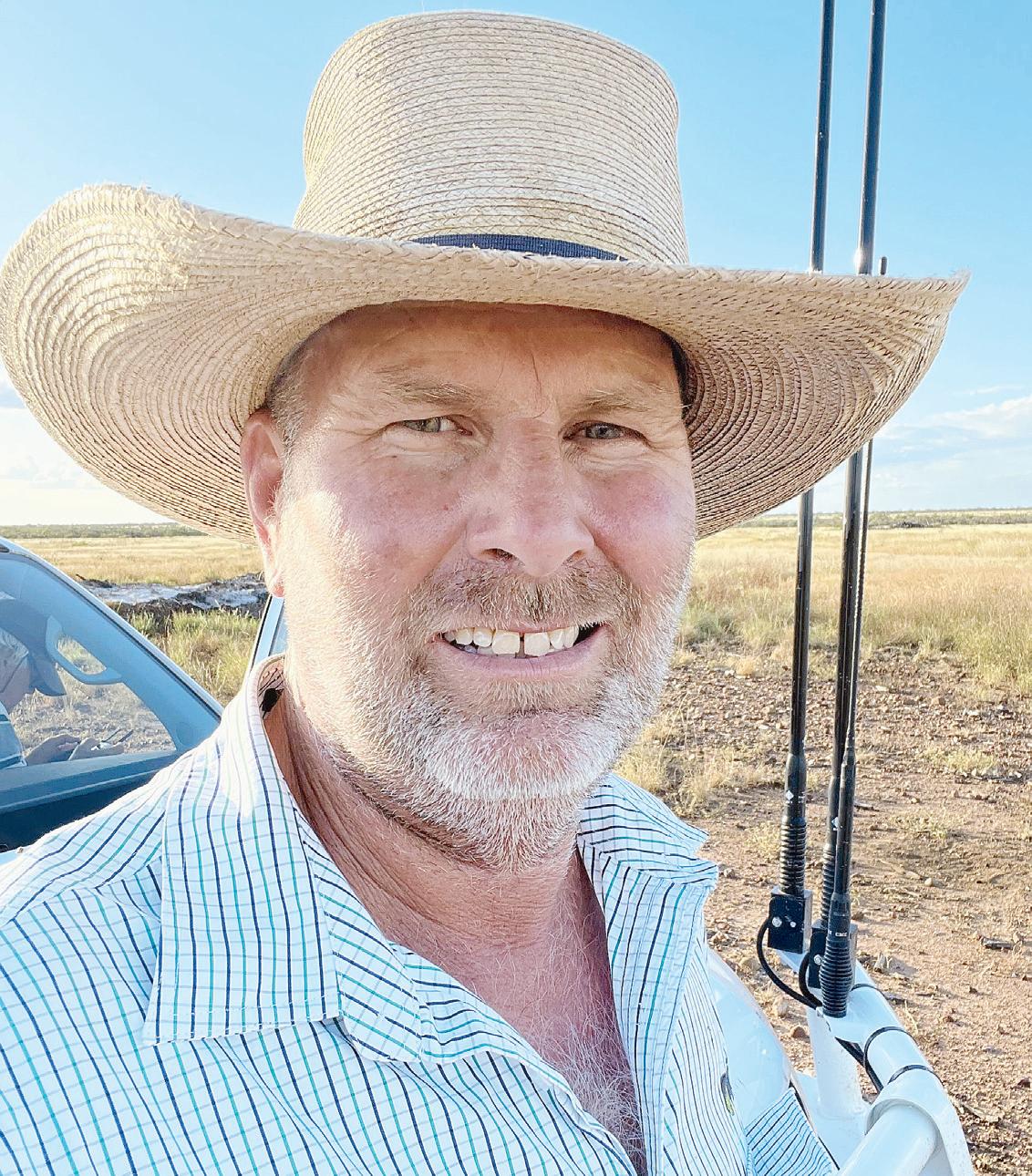
“The type of legumes depends on the soil type, but deep-tat rooted legumes that will compete with soil moisture on a different level than what the Indian Couch is pulling out of the ground.”
Matthew further explained the goodness of legumes.
“Legumes to increase the productivity and quality of the Indian Couch and also grazing management to let you better species of grass set seed,” he said.
The impact the weed is having on regional farmers is major and reduces stock rates, low- ers the quality of food, and decreases weight gain for livestock.
The invasive species is known by agronomists to be very aggressive and it becomes a monoculture meaning it will take out more palatable improved grass species.
For more information on Queensland agriculture and pests, please contact Matthew Lockwood on 0484186073.
